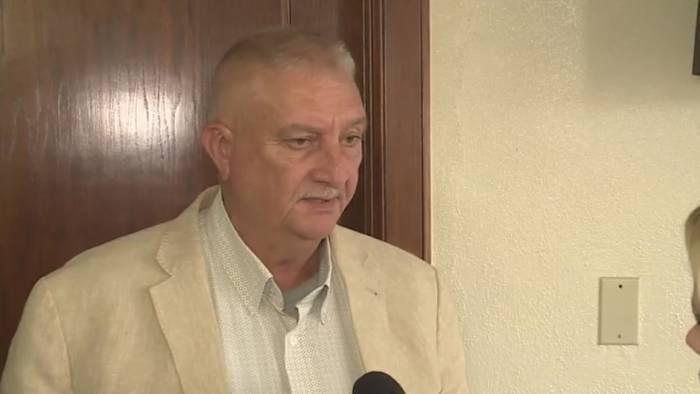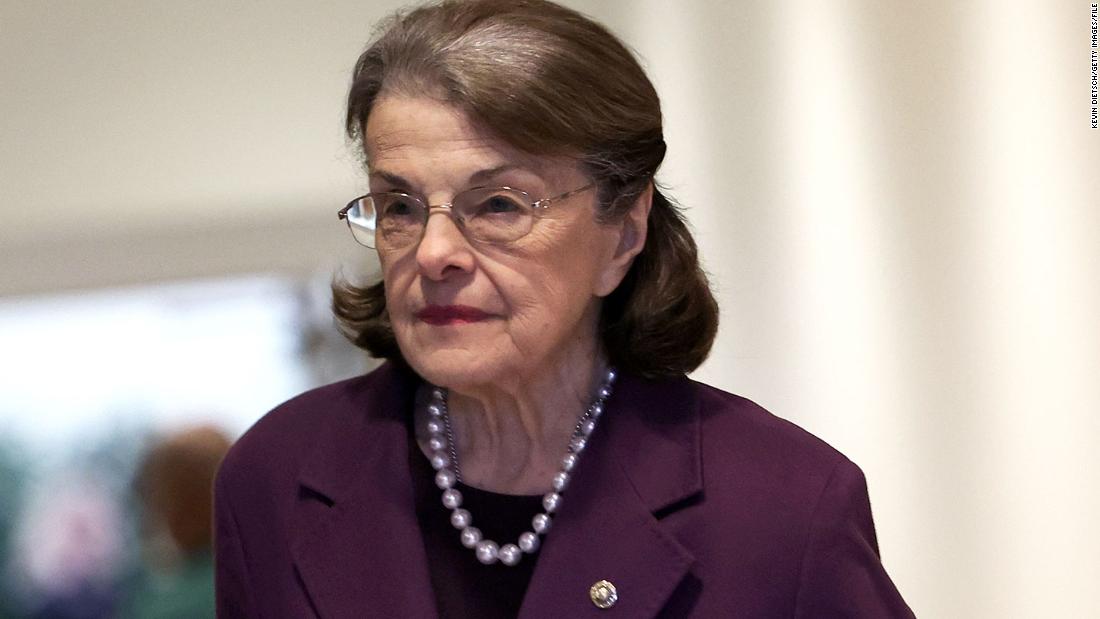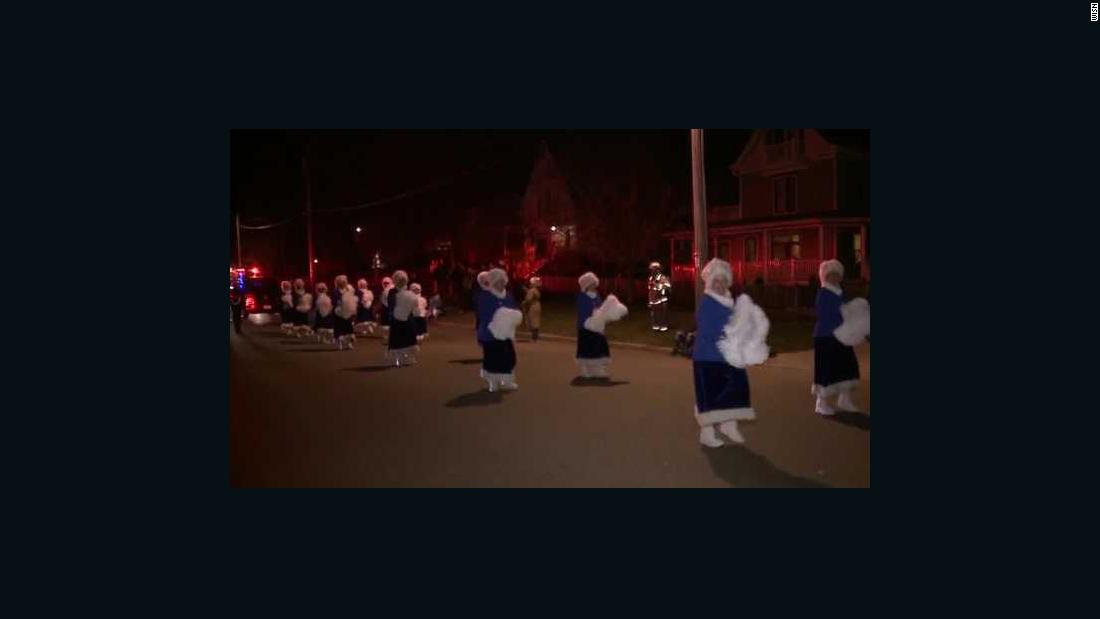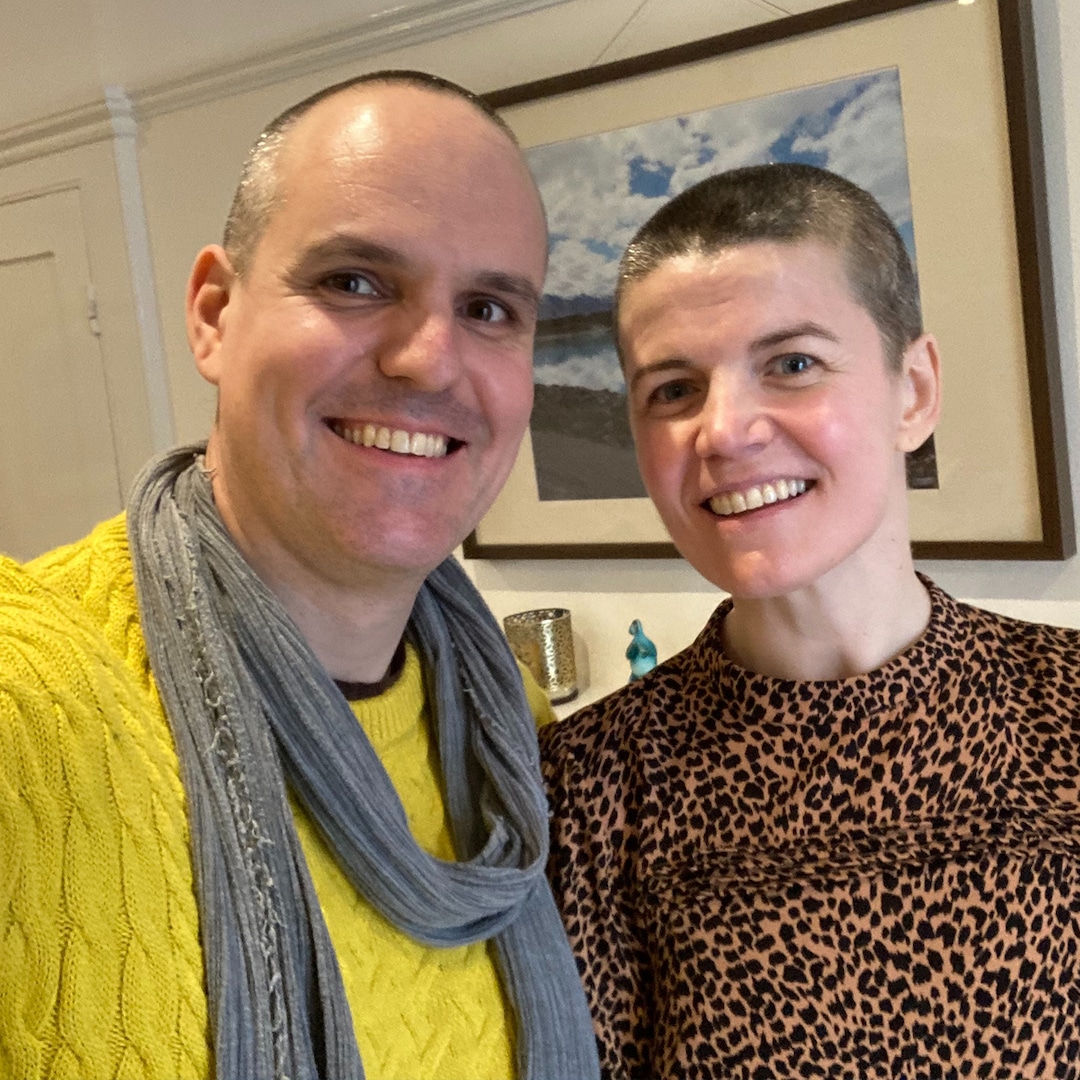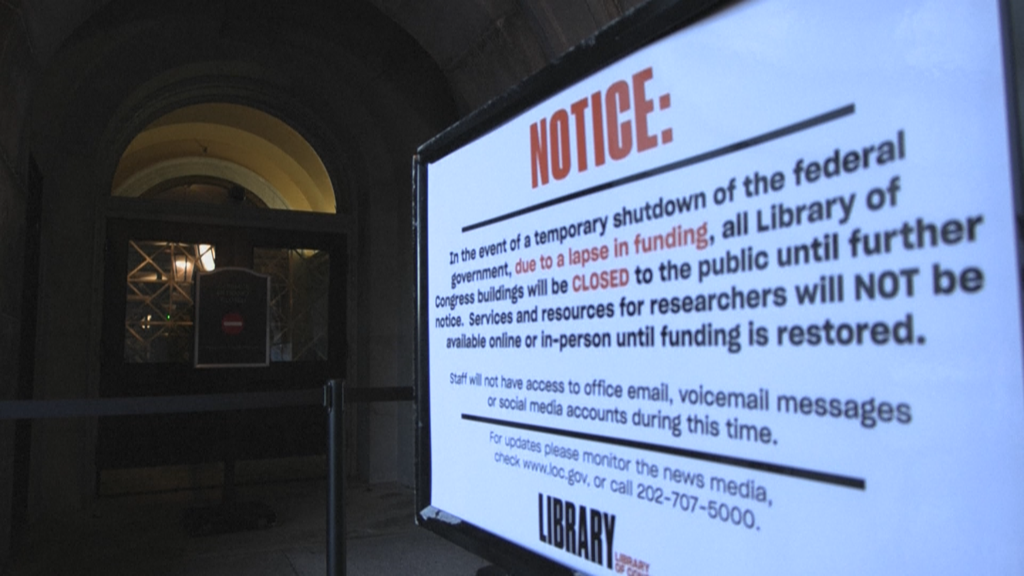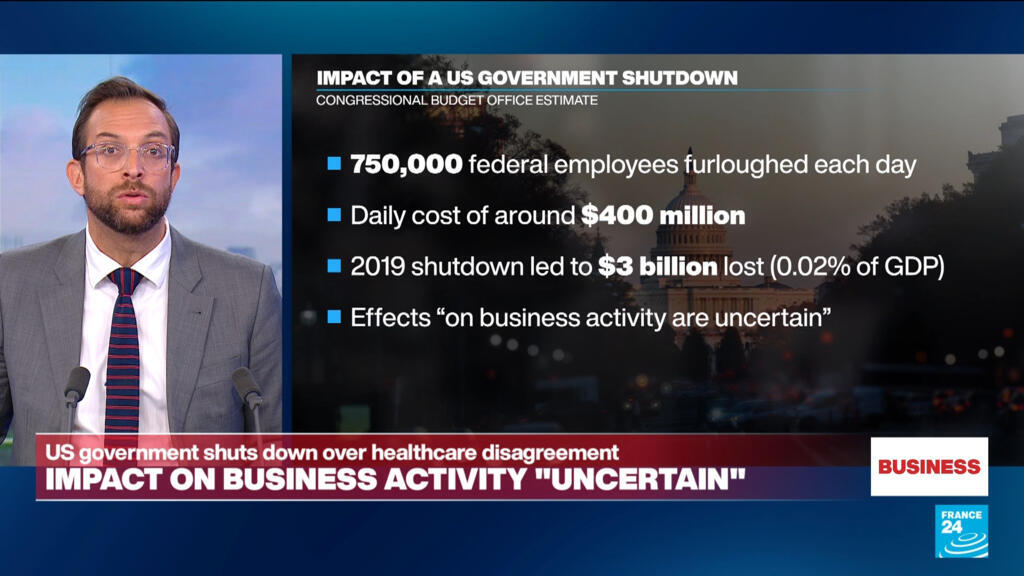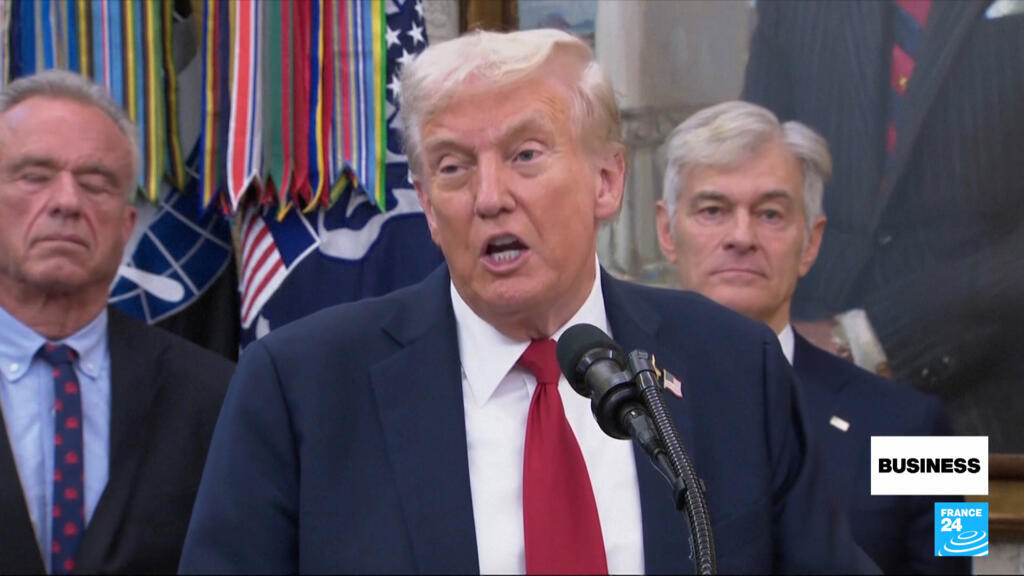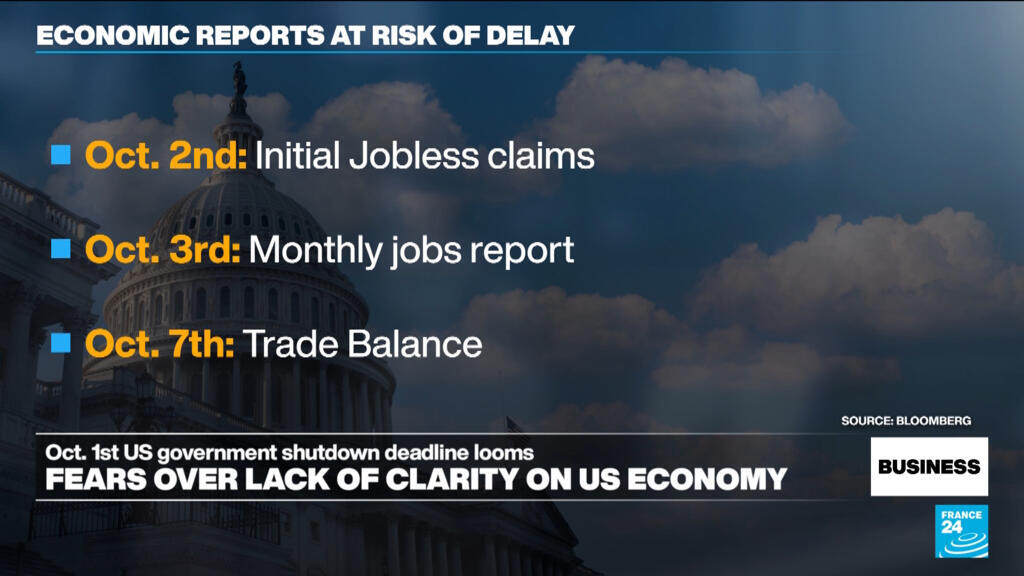Political Power Struggle Heats Up in Fort Bend County Redistricting Battle
The power struggle between Fort Bend Republicans and Democrats just ramped up with one party accusing the other of circumventing the law, misleading the public about the county’s redistricting process, and undermining the county attorney’s authority. Commissioners Court meetings in Fort Bend County have been contentious for years, but the tone changed when County Judge […] The post Political Power Struggle Heats Up in Fort Bend County Redistricting Battle appeared first on Houston Press.


The power struggle between Fort Bend Republicans and Democrats just ramped up with one party accusing the other of circumventing the law, misleading the public about the county’s redistricting process, and undermining the county attorney’s authority.
Commissioners Court meetings in Fort Bend County have been contentious for years, but the tone changed when County Judge KP George switched parties to become a Republican in June, giving the court a 3-2 majority. The county is now drawing new voting precincts at the suggestion of a Republican state representative and attempting to halt County Attorney Bridgette Smith-Lawson, a Democrat, from providing legal advice or even assisting with the hire of outside counsel on the matter.
Fort Bend Commissioner Dexter McCoy, a Democrat, said he presented “smoking gun” evidence in August that exposed intentional efforts by Republicans to mislead the public with their proposed redistricting maps. Last week, McCoy lambasted Judge George on social media for his treatment of Smith-Lawson, arguing that the court doesn’t have the legal authority to stop the elected attorney from doing her job.

It was suggested by a few public speakers during a special meeting earlier this month that George wants to redraw new commission precincts to deflect from his own legal troubles and secure re-election in 2026. The judge is slated to go to trial in January on misdemeanor identity misrepresentation charges and in February on felony money laundering charges. George has accused District Attorney Brian Middleton, a Democrat, of pursuing a politically motivated vendetta against him.
McCoy took a shot at George’s legal issues on social media last week after the judge tried for a second time to remove Smith-Lawson from the redistricting process.
“Fort Bend Republicans, at the behest of their felony-indicted county judge, attempted to take an unlawful action to remove the duly elected county attorney from her duties,” McCoy wrote on X.
Commissioners Court voted 3-2 along party lines in July to hire Rogers, Morris & Grover LLP to oversee a commissioner-appointed redistricting committee. At a September 23 meeting, commissioners were slated to vote on another outside legal firm, Butler Snow LLP, to provide legal advice to commissioners on redistricting, but George withdrew the item before a vote was taken.
Judge George said he wanted to ensure that the attorneys advising on redistricting are serving the entire commissioners court, implying that he wanted the Republican interests to have a voice. “There is a trust issue here,” he said.
Although George took much of the social media heat, it was another Republican commissioner, Andy Meyers, who led the charge to not only strip a resident-led oversight committee of its power — saying it shouldn’t operate under the Texas Open Meetings Act because the members not making any binding decisions — but to remove Smith-Lawson from the process.
Meyers said that when the county redistricted in 2021, the process was not transparent and the approved maps moved him out of the precinct he represented.
Smith-Lawson said at a September 16 meeting that it’s common to bring in outside counsel for things like bond issues, but she wasn’t given an opportunity to vet the firms that were considered and was elected by the residents of Fort Bend County to participate in such discussions.
George said at the September special meeting that the firm they selected, Rogers, Morris & Grover, has 30 years of experience in redistricting law, but Smith-Lawson said no one ever provided those credentials to her office. The firm is known for litigating school board matters, she said, and she wasn’t sure if they had experience in redistricting law at the county level, particularly for a county the size of Fort Bend.
“I have not had an opportunity to thoroughly vet Mr. Morris but you all hired him over my objection,” she said. “The statute is clear. The county attorney’s office in this county and nine other counties has the sole exclusive right and duty to provide legal representation to the commissioners court, the department heads, elected officials, et cetera. That is not my opinion; that is the law.”
The court ultimately voted 3-1 — Democratic Commissioner Grady Prestage left the room — that the county attorney should have no involvement in any redistricting matters. McCoy pointed out that if a lawsuit is filed over the adopted redistricting maps, the county attorney by law is the official who would be tasked with defending Fort Bend.
“I’m sure she may refuse to defend your actions,” McCoy said to Commissioner Meyers. “You are going to be personally liable because you went against the opinion of the elected county official. You cannot put the county at risk and not be personally liable if you don’t have the protection of advice from your legal counsel.”
Harris County Attorney Christian Menefee, a Democrat currently running for U.S. Congress, defended Smith-Lawson, saying that Judge George is “breaking trust with the voters and subverting the law.” The county attorney, not the commissioners court, has the authority to decide who represents the county in civil legal matters, Menefee said.
“This isn’t just a disagreement — it’s a power grab,” Menefee said in an emailed statement last week. “The county judge wants to politicize redistricting, so instead of respecting the will of the voters who elected Bridgette Smith-Lawson, he’s trying to strip her office of its authority. That’s not how democracy works.”
“Let’s be plain: what’s happening in Fort Bend County is wrong,” Menefee continued. “It’s heavy-handed, and it’s meant to punish an elected county attorney who is simply trying to do her job. This fight isn’t just about redistricting. It’s about whether county attorneys, lawyers chosen by the people, can be shoved aside anytime politicians think they won’t like their answer. That undermines the rule of law.”
Fort Bend County’s redistricting battle, in many ways, mirrors one that took place at the State Capitol earlier this year. Typically, boundaries are reviewed and redrawn after new Census data becomes available at the start of a new decade. Texas and Fort Bend County just adopted new maps in 2021, leaving many to question why the process is being initiated again mid-decade.
Those opposed to the effort say it’s unnecessary and is an effort to racially gerrymander districts or precincts in favor of Republicans. Supporters of the state redistricting effort initially said the lines must be redrawn to comply with the 1965 Voting Rights Act. The statewide redistricting maps are being contested in an El Paso federal court this week.
The Texas redistricting effort was initiated by a letter from the U.S. Department of Justice and public statements from President Donald Trump that he needed to add five Republican seats to the U.S. Congress. Fort Bend County’s redistricting process began after state Rep. Matt Morgan, R-Richmond, sent a letter to commissioners saying about one-fifth of its voter precincts did not meet the state’s population requirements.
Fort Bend Republicans pushed for an overhaul of the precinct maps, claiming the boundaries adopted in 2021 were illegally based on race. Three of the county’s four commissioner precincts favored Democrats in recent election cycles.
Cynthia Ginyard, a former Fort Bend County Democratic Party chair, said the filing date for the 2026 elections is December 8, and a rush job on redistricting maps could put a massive strain on the county’s elections department.
“If we are so steadfast on doing this redistricting during an interim decade, then why not make it effective in ‘28?” she said. “Of course we’ll have to do it again in 2030. Do you see a domino effect on breaches of policy and protocol? We need to hit the reset button.”

George, Meyers, and Commissioner Vincent Morales are Republicans, and Prestage and McCoy are Democrats. Prestage suggested earlier this month that the Republicans withdraw their effort to bring in outside attorneys and strip the power of the redistricting oversight committee, but they refused.
“This is an unnecessary situation,” Prestage said. “Because I care about this county and where we’re going, I want to be able to go to the grocery store and not get asked, ‘What the hell are y’all doing?’ It is totally embarrassing. That hurts. It hurts a lot.”
More than a dozen speakers addressed the court at a September 16 meeting in opposition to the redistricting effort. They called it a waste of taxpayer money and retaliation against Democratic adversaries.
Former Fort Bend County Commissioner Richard Morrison brought up concerns that the appointed resident-led redistricting oversight committee, on which he serves, should be following the Texas Open Meetings Act. Morrison said he believed the committee should be subject to the act because it has rule-making authority and is reviewing maps submitted by the public and voting on them.
“I really came here to urge the court to protect us, the members of the committee,” he said. “The DA is not a friend of mine. I worry that this DA may prosecute members of this committee for violations of the Open Meetings Act. I don’t want that to occur to me or to anybody on that committee.”
“It seems to me that the safest way to work in this committee is to follow the open meetings and the open records act so that we don’t have to have the district attorney of this county come and tell us that we have violated the criminal provisions of these statutes and have to go through — God bless you, judge — what you’re going through,” he continued. “I would not wish that on my worst enemy.”
After Morrison’s plea, Commissioner Meyers proposed that the redistricting committee function in an advisory capacity and make no binding decisions or recommendations, therefore not being subject to the Texas Open Meetings Act or the Open Records Act. First Assistant County Attorney Michelle Turner said the motion was not legal; the court approved it anyway in a 3-2 vote along party lines.
Meyers cited an opinion provided to him by DA Brian Middleton’s office as the justification for his motion but noted that it was not Middleton’s opinion. When reached for comment on this story, a spokesman from Middleton’s office provided the following statement.
“The District Attorney’s Office does not have an opinion on any matter that may be the subject of a future criminal investigation. It would be improper to do so. Our legal opinion would be fact-specific. We don’t know all the facts and could not provide an opinion, even if ethical. A prosecutor’s opinion is generally expressed by either filing formal charges or declining them.”
McCoy said he consulted with redistricting attorney Bob Bass over the summer and shared with the court the lawyer’s expert opinion that Fort Bend County’s current 2021 precinct maps are in full compliance with the federal Voting Rights Act.
“After County Judge KP George switched parties and cut a deal to save himself, he and Commissioner Meyers sought to diminish the voting power of minorities in the county,” McCoy said in a press release. “However, this is only after Commissioner Meyers went shopping for a legal opinion, because the lawyer that the county has hired for every redistricting effort since 1990, Attorney Bass, advised Commissioner Meyers against this effort and refused to be a part of the scheme.”
Meyers said in July that Bass retired and no longer does redistricting work; McCoy said that was inaccurate and an effort to knowingly mislead the public. Bass has advised Texas counties on redistricting matters for decades and certified Fort Bend’s 2021 maps as legally sound, McCoy said.
McCoy also took issue with limiting the authority of the redistricting committee, asking at the September 16 meeting why the court would want to remove a mandate for a panel to do its work openly and subject to public scrutiny. He also questioned why redistricting was even brought up in the first place.
“I’m still curious why this is a priority for our taxpayers’ time and dollars,” he said. “Y’all have the votes to do whatever the heck you want to do. That’s clear now. But why do you choose to use that power for this, of all things? I don’t understand it.”
George scoffed at the accusations that the Republicans were operating in secret or circumventing the law.
“Nobody’s trying to hide anything,” he said. “Nobody is trying to create some map in the back room. I’m sick and tired of people saying, ‘You’re hiding something.’ That is absolutely not true.”
The post Political Power Struggle Heats Up in Fort Bend County Redistricting Battle appeared first on Houston Press.




